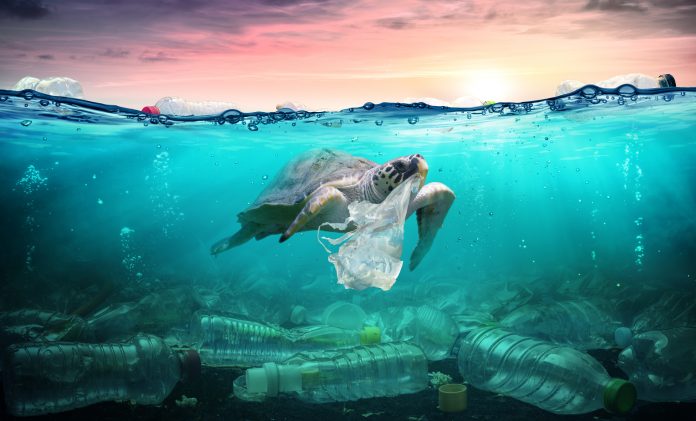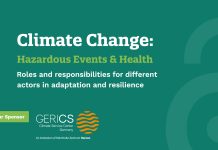Has the Blue Planet effect really made a great change to our world, or have we shifted so much focus onto plastic that we’ve neglected the wider picture of waste management?
We’re waging war on single-use plastics, such as straws and bottles, after witnessing marine life struggle and suffer through swathes of plastic. We’re ditching plastic bags after seeing footage of plumes of the stuff floating through the sea like stranger forms of jellyfish. After millions tuned in to the highly successful The Blue Planet II in 2017, our sense of responsibility for plastic waste has never been greater.
Or, at least, that’s what various news outlets seem to be reporting.
With the likes of Aldi and Lidl making moves to improve their packaging for the sake of the environment, their brand image, and at the end of the day, their sales, it seems like everyone is rallying together. The government has even announced an earmarked £61.4 million for funding the battle against plastic.
Helistrat, a UK-based management consultancy that delivers sustainable resource strategies, have observed a notable increase in the number of clients approaching them with a focus on what can be done to deal with plastic waste. The challenge, they say, is the need to ‘design out’ plastic clashes with health and safety restrictions revolving around on-the-go products.
Between the highlighting of the plastic problem, and the recent ban on plastic waste imports to China, it’s never been more crucial for the UK and the world to create a far stronger recycling system and capability. Closed-loop solutions are proving popular, with retailers leaning more towards compostable and biodegradable items like bags and coffee cups in order to phase out plastic.
These are all positive steps, but it’s not enough to simply replace plastic. The oceans will not be cleaner, the landfills will not be reduced, by simply banning plastic — we need to build the appropriate infrastructure to process these alternatives properly.
We also must avoid the trap of forgetting the impact of other waste material on our planet’s health too. It’s easy to get carried away in the panic of plastic caused by the media, but plastic is not the only culprit causing problems for our environment.
This is the problem with the ‘Blue Planet effect’ — we’re pouring so much care and concern into plastic, labelling it the ultimate enemy of the environment, that we’re not seeing the bigger picture. Yes, plastic is a huge contributor to the deteriorating natural world, but it is one symptom of a greater problem.
For example, one key demand for change as a result of the ‘Blue Planet effect’ was the use of single-use plastic straws. As a result, consumers demanded a change in the use of plastic straws, spurred by the horrific figures of a single straw taking so many hundreds of years to break down. Plastic straws were, for a while, public enemy number one.
But according to United Nation figures, of the 9 million tonnes of plastic that ends up in the ocean every year, around 2,000 tonnes of that is made up of plastic straws. That’s just 4% of the total plastic waste, and there’s the other 8,998,000 tonnes of plastic waste left to consider.
Yes, the change in attitude towards single-use plastic straws is certainly a positive step, and definitely beneficial in removing this utterly unnecessary product, but we must be vigilant and not stand stagnant in an obsession with plastic straws. With one item duly being addressed and the awareness raised of its impact, let’s now give focus to other elements that need work, and give them the same spotlight we did with plastic straws.
What about workplace recycling? Does your workplace have segregated bins, or perhaps you’re in an industry that makes frequent use of larger waste removal via skip hire? Does your workplace have full transparency from their waste management company as to where that waste goes after it’s moved off-site?
These issues might not seem as dramatic and interesting as the shocking images of sea life injured by straws, but their end result impacts the world all the same.
The fact of the matter is, the world needs a better way to deal with its waste problem, and though plastic is certainly a key player, it’s not the only villain at play. We mustn’t rest on our laurels now that the problem of plastic has been highlighted and changes are being made for it — this is just the first step. It is a big step, and it’s in the right direction, but the journey is as important as the embarking.
Sources:
https://www.helistrat.co.uk/2018/09/blue-planet-ii-one-year-on/
https://globalnews.ca/news/4320295/banning-plastic-straws-benefits-drawbacks/











